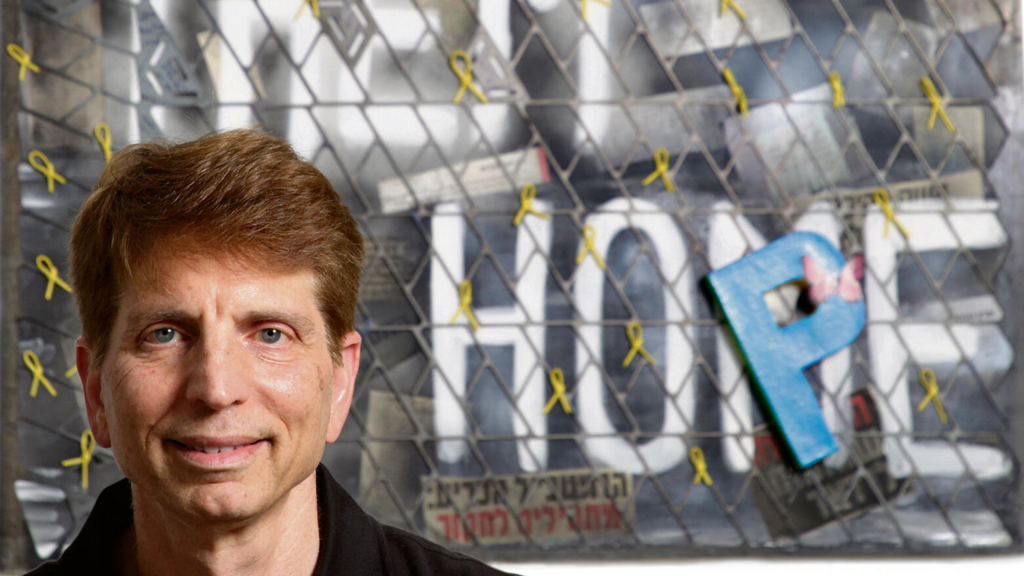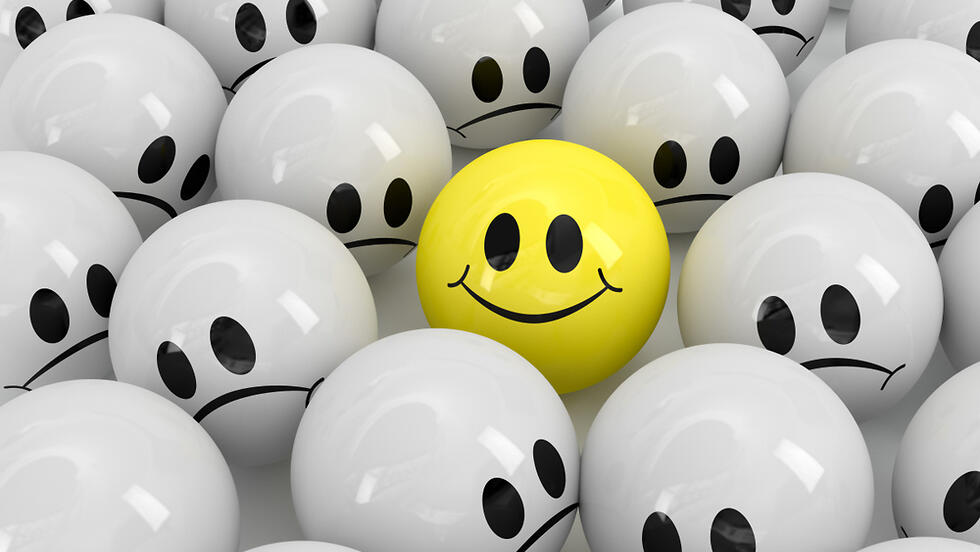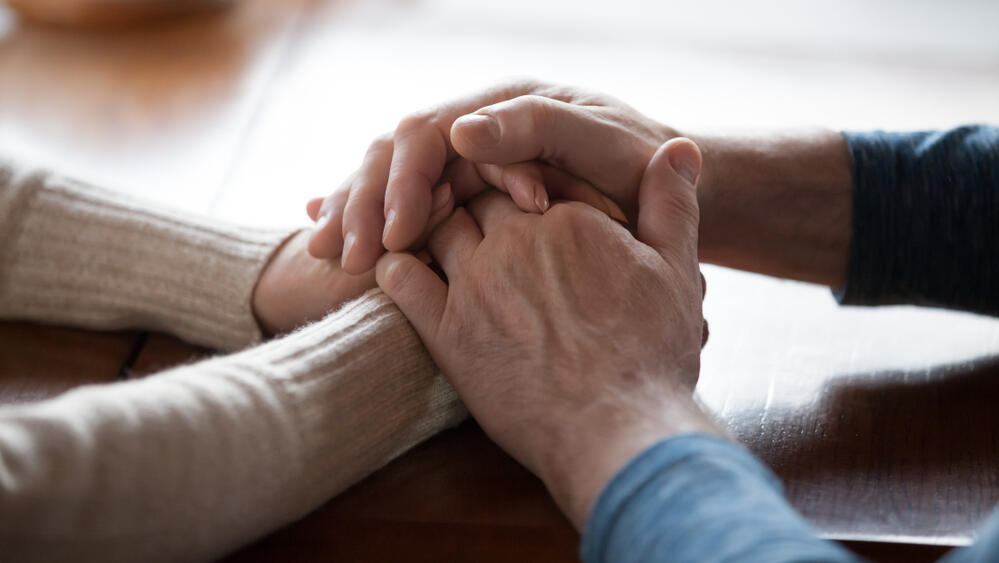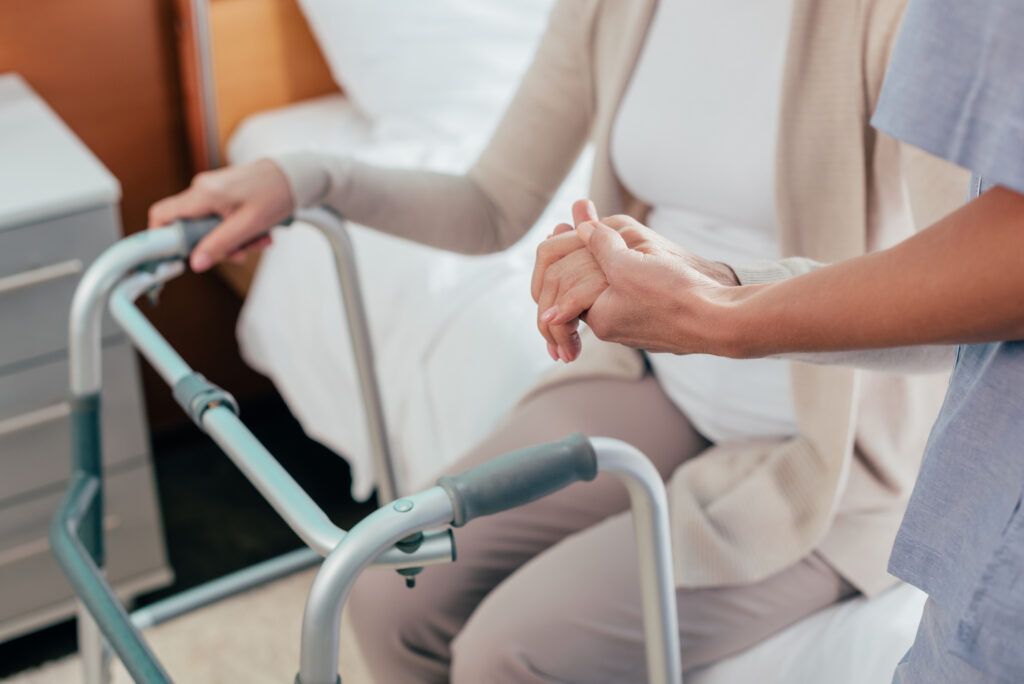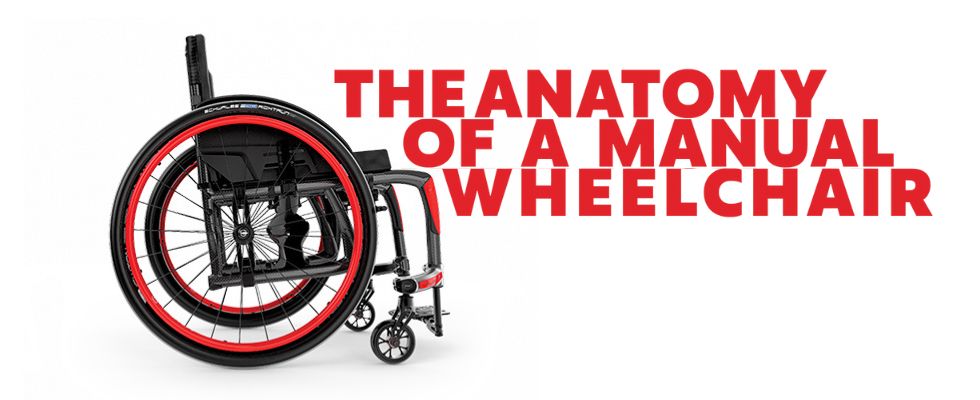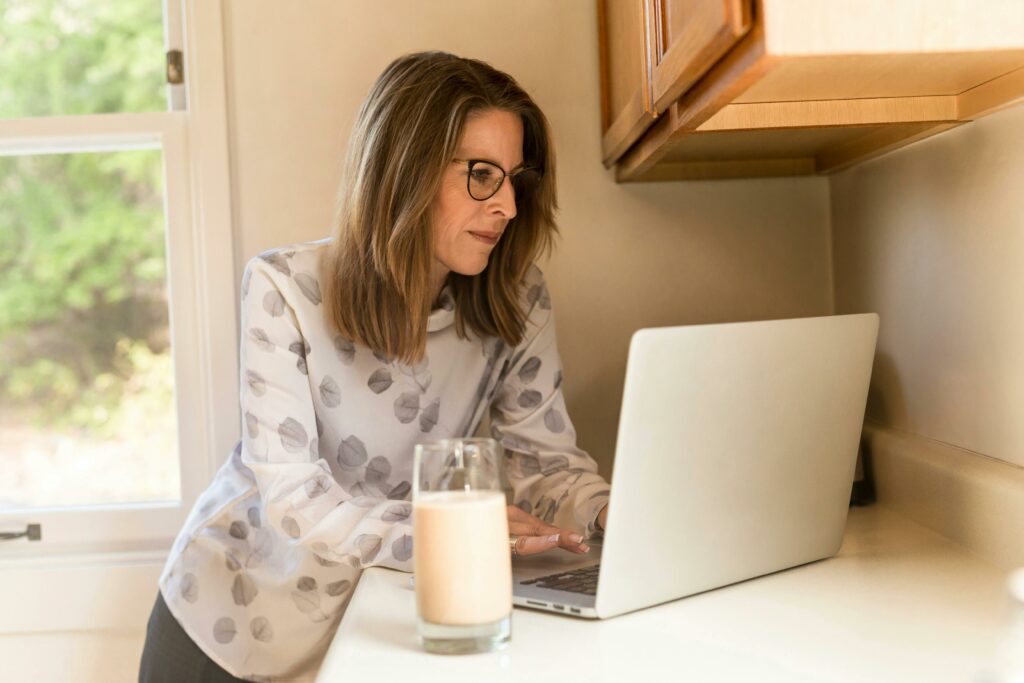Israel opens world's first research institute studying hope
Since October 7, 2023, holding on to hope has been a challenge for many. Yet it is here, in Israel, that Life's Door, in collaboration with the Hebrew University, has launched the Institute for the Study of Hope, Dignity and Wellbeing—the first center of its kind in the world.
The chair of the Institute, Professor Ben Corn—an oncologist who has been passionate about the power of hope in health care—explains that “…with a little practice, almost everyone can exercise their own ‘hope muscle.’ We Israelis are very hopeful. Hopefulness is in our DNA, and it’s important that we draw down on hope - especially in times of crisis."
Hope, it turns out, is not just a state to aspire to—it is a skill that can be cultivated. And no, this is not another New Age fad, but a science that has gained academic validity during the past 4 decades. And now, as a cloud of despair has been cast over Israel, the Institute for the Study of Hope, Dignity and Wellbeing, has begun operating within the Hebrew University's Faculty of Medicine. The Institute, is already collaborating with over a dozen international academic institutions in an ambitious quest for knowledge.
We Israelis are very hopeful. Hopefulness is in our DNA, and it’s important that we draw down on hope - especially in times of crisis
After nearly 40 years of working with cancer patients, Corn has developed a unique scientific model for the enhancement of hope, and when I ask him whether he is investigating something that, since October 7, seems to hardly exist, he practically raises his voice, and his Brooklyn accent is divulged, even though he has been eloquently conversing in Hebrew.
"Be careful! Hope is always coursing through our lives. Hope exists but we need to know which lens to look through in order to identify it. Especially during trying periods, it’s time to revisit the definition of hope," he cautions.
So, yes, there is a definition of hope—and there are even ways to measure how hopeful you are. And if you don't know how to feel hopeful, Professor Corn and his organization are there to guide you. "Hope stands on three pillars," Corn quotes the model of Professor Rick Snyder, the renowned hope researcher. "First, you have to set a goal that is meaningful and achievable."
"The second step is charting a path to reach that goal, knowing that there will most certainly be obstacles along the trail. A hopeful person knows how to persevere and can activate creativity in order to circumnavigate these obstacles. And the third step is agency - which is the drive, the motivation and the sheer will that you can have an impact." Corn reassures me that when you have these three elements, a sense of hope will land.
So, is this something that you can practice? "That was the second question in Snyder’s research. After defining what hope is, he asked if it was possible to train to achieve it."
This next step was cemented by Snyder’s protégé, Professor Dave Feldman, who devised a hope workshop for his students at Santa Clara University. Corn adopted Feldman’s approach as he launched Life's Door (an NGO co-founded with Dvora Corn, which is committed to the wellbeing of people facing life challenges such as trauma, illness, aging and end of life).
Corn becomes animated as he characterizes a process of hope - enhancement which he experienced himself and then gently modified for others while he served as Chairman of Radiation Oncology at Tel Aviv Medical Center-Ichilov Hospital.
He noticed that one thing all of his patients had in common, no matter what their disease or prognosis, was the search for hope. That’s when he began to implement this model, as a therapeutic, cognitive and emotional tool for coping with illness, trauma and loss.
"The beauty of it is that, while not everyone may intuitively know how to create hope, nearly everyone can learn to do so," he emphasizes, and reminds that, in the wake of the war, the Institute refined scientific and practical tools aimed at reinforcing hope, not solely for individuals, but also for Israeli society where a new language was needed."
"We at Life's Door are always seeking ways to have an impact on as many people as possible and we therefore scaled our programs, moving from in-person workshops to digital platforms and smartphone apps which were geared to the practice of hope."
"Recently, self- directed tutorials have been added so that individuals can be trained in their own home while sitting in front of a personal computer. “We've discovered that digital learning actually helps people in becoming more hopeful," he says as he reminds me not to confuse hope, which can be learned, with optimism, which is an innate trait—you either have the latter or you don't."
"Hope is something that is acquired and is also more practical than optimism, because it's tied to and based on goals that matter to me and that I can implement. That's a way-of-thinking, which is taught in our workshops—to connect your core values as a person with the goals you want to achieve for yourself or for your community," he said.
The next issue which will be explored at the institute, by Dr. Adir Shaulov of the Hebrew University, who was named the inaugural annual Scholar of the institute, is whether hope is “contagious.” Corn acknowledged that nobody wants contagion post-pandemic; however, he reminds me that there are benefits to “social contagion” which only appears to spreads like an infectious disease but certainly does not make you sick.
"In our opinion, the more hopeful someone is—the more people recognize it and want to be with that individual, just as we want to be in the company of people who are funny or who act generously. But the concept of “hope contagion” still theoretical and hasn't yet been validated.”
How do you help a broken-spirited nation hold on to hope? "As a country in crisis, we are all searching for hope, and that is why we are making an effort to introduce the concept of real hope into the Israeli discourse. Soon, together with Mina Zemach (the leading political pollster in Israel), we will launch a national survey to assess hope.
"This will be a “Hope Index” which will bear similarities to the World Happiness Index, where Israel consistently ranks among the leaders among nations. There is an overlap of circles in the Venn Diagram between happiness and hope. We Israelis are very hopeful and it is important that we reactivate this strength especially in times of crisis. I’m convinced have we have the grit and strength to manifest hope."
And what do you do with the pessimists? "It's true that you can't turn a pessimist into an optimist, but the pessimist can also be hopeful, there's no contradiction." He then introduces the term that he’s written about with Feldman: the "hopeful pessimist."
"I realize that sounds like an oxymoron. Although pessimists tend to be down and consistently manage to see the negative side of things, it has been proven that, patiently, you can talk to them about their core values, about the goals they want to achieve and make them hopeful," he explains.
Twelve questions that Professor Corn presents in the workshops he conducts will help you discover whether you are hopeful—that is, if you know how to hold on to hope. These questions are derived from an instrument developed by Snyder to measure and monitor hope.
He once again offers surprising insight, and says that even if you rank low on the hope scale at the outset, you can train and improve over time. He speculates that there has been a “natural selection” of sorts which has enabled human beings to possess the ability to cultivate and enrich hope over generations.
Among the first to uncover surprising applications of the Hope Scale was Ben Corn's colleague Dr. Tom Smith, a professor of Palliative Care at the prestigious Johns Hopkins University. Smith measured hopefulness among patients diagnosed with cancer—before and after they received bad news.
His findings revealed that when physicians deliver the diagnosis to their patients with authenticity, compassion and sincerity, and underscore that they will remain by their side (“I will never abandon you!’)—patient hope level didn’t drop, despite the difficult news that was conveyed.
"When these conclusions were presented to doctors in the United States, they were a bit startled at first, but then they were encouraged, because the worst scenario for doctors is when they’re facing a patient in a situation where they can no longer offer traditional treatments.
"But once a doctor learns that their approach towards sincere communication affects the Hope Scale—it's uplifting, precisely because our grip on hope is rooted in our humanity. As an institute that studies hope, this is also one of our goals—to help people hold on to hope.”
And how can we avoid cultivating false hopes and encourage denial? "We're not in favor of ignoring reality and creating false hopes, but there's an important issue of 'holding on to hope.' Let's say I have a patient sitting with me—and I’ve explained to her—that we have nothing more to offer her (in terms of medications) because her prognosis is discouraging, but she still wants to do everything she can to be cured.
"So, I will never risk taking an aggressive stance that may crush her spirit. Rather I can gently examine what else she might hope for—whether in quality of life, pain relief, or time spent with loved ones…you name it! The point is that as a physician – as a person! – I am here to protect that hope as well."
Corn knows that the subject he is promoting can provoke skepticism, and therefore the academic framework is important to him, in order to document the scientific robustness of hope and to meet his colleagues with evidence.
Some of that evidence already exists, by the way. More than 20 years ago—together with his wife Dvora, a family therapist—he founded the Life’s Door organization, in which the Hope methodology has been constantly improving over the years; the same methodology that is now gaining academic recognition within Hebrew University as it celebrates a centennial marked by scientific excellence.
Corn continues to look forward. "Over time, our organization has addressed a wide spectrum of needs. Those suffering from cancer, dementia and other illnesses. Incarcerated individuals who are at risk for recidivism after they are released from the prisons and want to know how to find jobs and re-integrate with family.
"And, of course, the many who have confronted the traumas (acute trauma as well as PTSD) after October 7. The time has come to introduce these precious concepts to a wider public. I feel like I was meant to do this.”
